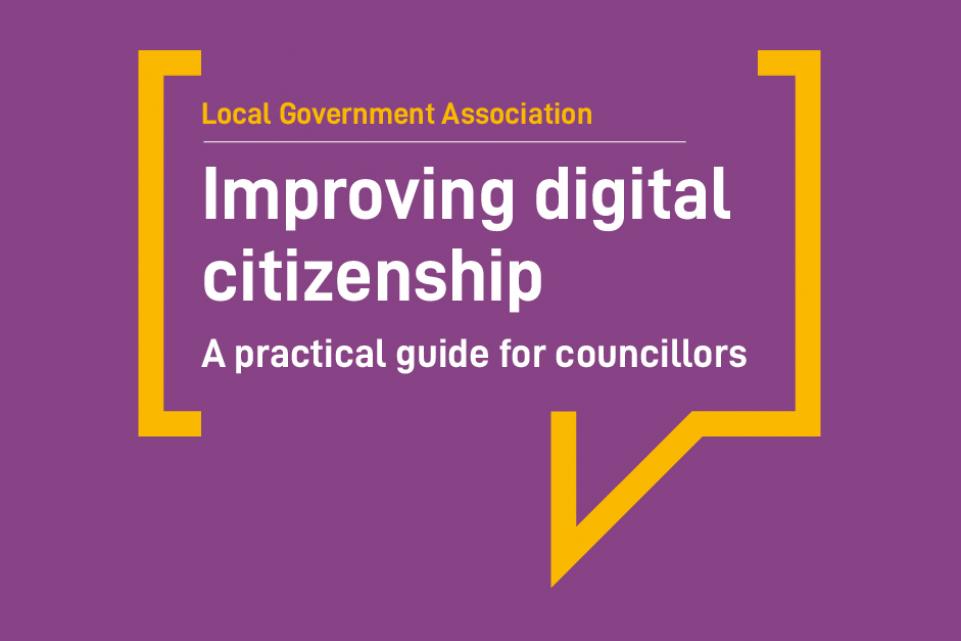How can you most effectively use social media as a councillor?
Be a person
In the words of Digital Specialist Euan Semple, "Organisations don't tweet, people do". You are likely to be more effective if your social media profile is you (with a picture of you) rather than an organisation with a logo.
Don't worry about reaching everyone in your ward
Social media will be more effective in some wards than others. University towns, urban areas with good broadband and mobile connections, and a working age population tend to work best. Wards with an older population and poor internet connectivity tend not to be so effective at reaching your ward. However don't let this stop you as connections are getting continuously improving as we move towards a higher level of digital inclusion.
Don't let it replace your traditional work
To be an effective councillor you won't stop meeting people and posting leaflets simply because you are posting online. The traditional work of a councillor still has to be done. You will know your residents best—consider which channel works best for them to connect with you, online and offline.
Think about the platform you'll use
If people in your ward are keen Facebook users then think seriously about Facebook. Twitter is popular among politicians because it's easy to use and connects people really well. Whichever one you choose, learn one at a time before even thinking of trying something else. You will know your residents better than anyone else so ask them which channel works best for them.
See how other councillors use it
Watch and learn from other councillors who are using social media. Have a chat to them. You'll very often find they will be happy to talk. Even to those from different parties.
Don't be a slogan machine
There is a really important decision to be taken over how political to be. You may have been elected on a party political ticket. But you are also a rounded human being. Social media is a chance for you to show your human side. Just posting party political content is likely to switch many people off and you may be talking only to the party faithful.
Have a conversation
Social media works best as a two-way conversation connecting people and sharing information. Good councillors do this everyday face-to-face with residents—social media should be no different to this.
Don't wait for people to come to you
You've got your Facebook profile or your Twitter profile. People won't just come flocking to you. Run a search on your chosen profile for the name of your ward or an issue. Make a connection. Join a Facebook group set-up by residents. Comment on a blog, a website or a video clip.
Think about times when you won't post
From experience, many elected members say that Friday and Saturday nights are not always the best time to post overtly political messages. You won't always get the most rounded debates. Many councillors post sparingly on religious holidays.
To post in meetings or not?
Some authorities frown on posting from social media in meetings. Check the situation where you are. Residents, residents groups, journalists and bloggers are being encouraged to use social media from meetings. So adding your voice to the conversation may be a good thing as part of democracy. If you can post an update from a meeting and it doesn't hamper your role in that meeting then it's something to think about.
Don't have a row
Robust debate is fine from time-to-time and it's part of the cut and thrust of local politics. Most people can accept that. But remember how this debate is playing out to passers-by who are not interested in the detail of the issue. They are likely to be switched off. Take the row offline with a phone call or an email.
Don't be abusive
An absolute 'no no' is abusing people online. It doesn't work. It will make you look awful and is a sure-fire way to land you in trouble with your electorate, the party and the council. Be professional. Don't say anything you wouldn't be happy saying in a public meeting with the Press there.
Don't discuss case work detail
Case work can be reported to you on social media. Everything from uncollected rubbish and a cracked paving slab to concerns about child protection. As a good rule of thumb, ask residents to tell you the detail of an issue offline. Social media platforms usually have an easy-to-use way to talk one-to-one. Email and telephone can come into play too.
Pictures work
People respond really well to pictures. They don't have to be print quality. They don't have to be posed. If you are on a ward walk post some pictures. Include the people you are with if they are happy with that. Post pictures that show your human side too. That sunrise you just noticed. Your dog. Things that make you human.
Enjoy it
It's not meant to be scary. It's not meant to be hard work. Relax. Be yourself. Be a responsible elected member. Enjoy it.

